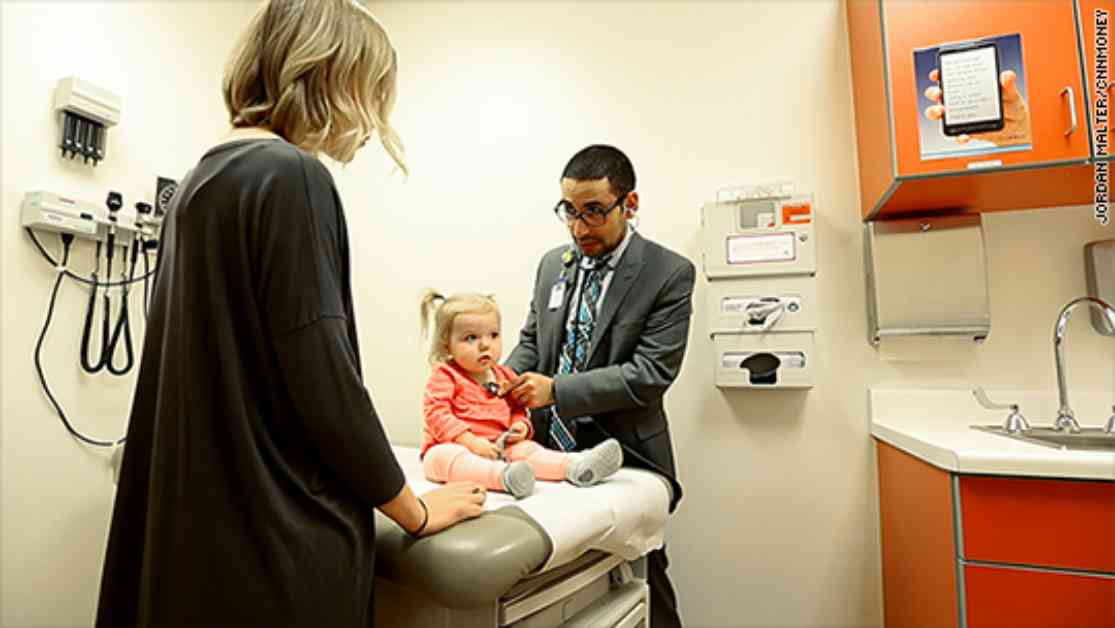Dr. Alaa Al Nofal, a pediatric endocrinologist in Sioux Falls, South Dakota, plays a crucial role in providing specialized care to children in a vast rural area spanning South and North Dakota. His dedication to his patients, some of whom he has treated since birth, highlights the importance of retaining skilled foreign doctors like him in underserved communities.
However, with the recent immigration ban affecting individuals from certain countries, including Syria, where Dr. Al Nofal hails from, his future in the United States is uncertain. The Conrad 30 visa waiver program, which allows foreign doctors to stay in the U.S. to address doctor shortages, has been instrumental in bringing much-needed medical expertise to rural areas. Losing physicians like Dr. Al Nofal could exacerbate the existing healthcare gaps in these communities.
Beyond the immediate impact on current physicians, the ban could also deter future doctors from considering training programs in the U.S. This could further worsen the shortage of healthcare providers willing to serve in underserved and rural regions, compounding the challenges faced by residents in these areas.
Dr. Al Nofal’s personal story, from studying in Damascus to completing his residency in Texas and eventually practicing in Sioux Falls, underscores the valuable contributions that foreign-trained doctors make to the American healthcare system. His commitment to serving patients, even in the face of uncertainty surrounding his visa status, reflects the dedication and compassion that many foreign physicians bring to their work.
As the debate over immigration policies continues, it is essential to recognize the significant role that foreign doctors play in filling critical gaps in healthcare access. Ensuring the retention of skilled physicians like Dr. Al Nofal is not only vital for individual patients but also for the overall well-being of communities reliant on their expertise. By supporting programs that facilitate the entry and retention of foreign medical professionals, we can strengthen our healthcare system and improve outcomes for patients across the country.
















